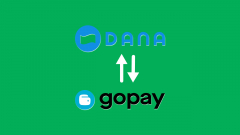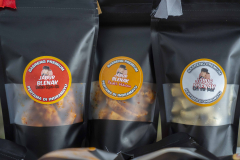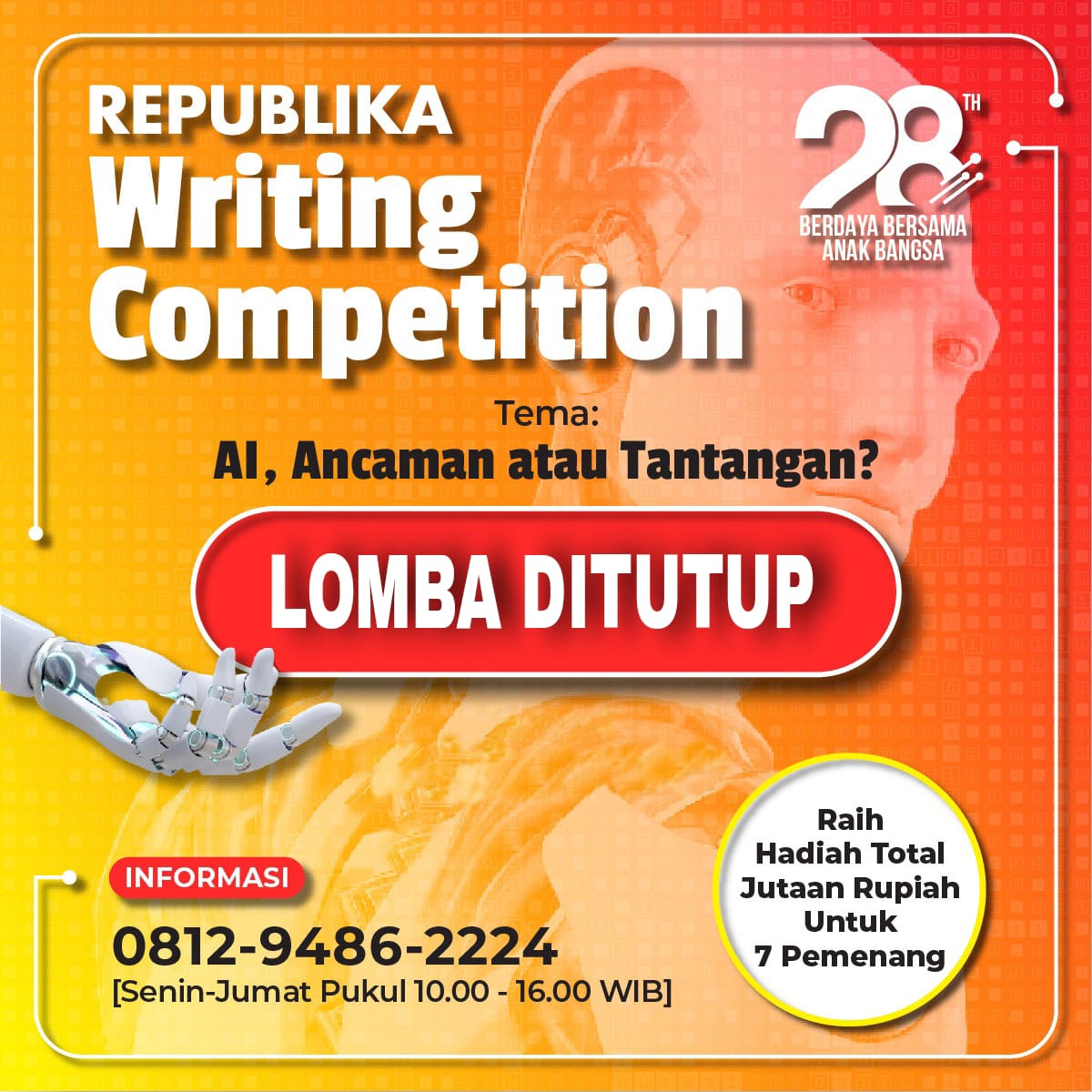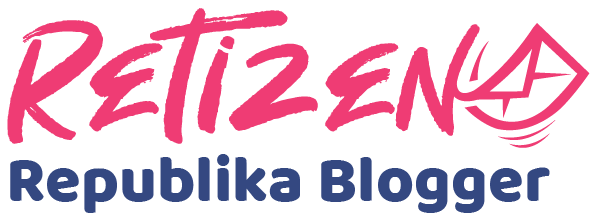 Syamil Fatih Muhammad Alfaruqiy
Syamil Fatih Muhammad Alfaruqiy
Indonesia's Halal Industry for Economic Sustainability
Bisnis | Saturday, 28 Oct 2023, 16:32 WIB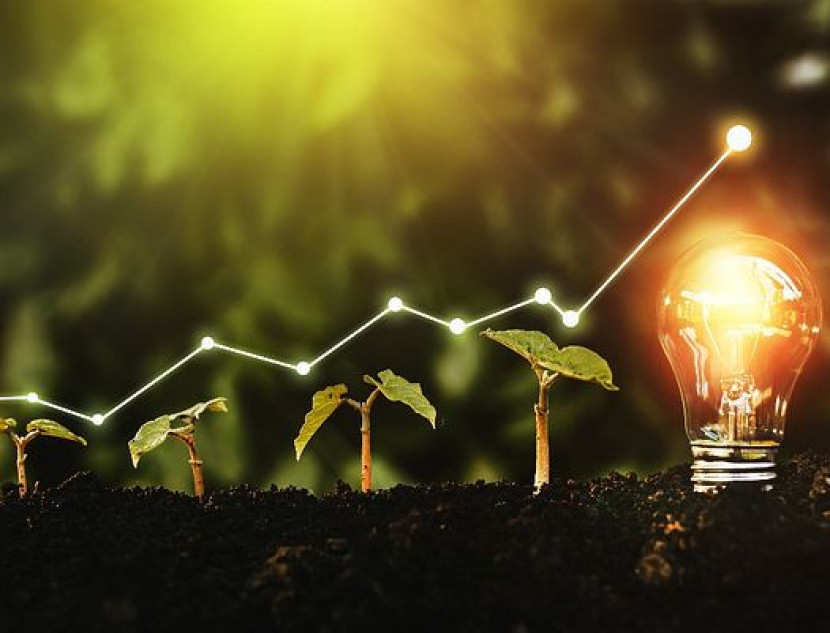
It is no doubt that Islam has been a rising force within the past decade and halal lifestyles are advocated by various celebrities or influencers, both local and international. A 2019 report from the State of the Global Islamic Report states that 1.8 billion muslims are regular consumers of halal industries, not to mention the rising muslim population increasing rapidly every year. It is expected that the global muslim population will reach 2.8 billion by 2050. Since muslims have the demand for halal products such as food, housing and clothing, making halal industries a worthy investment. According to a report from Indonesia Halal Lifestyles Center from the period of 2021-2022, Islamic economics and finance has been a key driving factor in the massive global economic potential of $1.9 trillion dollars since 2020 with a domestic potential of $184 billion dollars in consumer markets. These reports alone show that the halal industry is no small business, and can even be a necessity for building a sustainable economy. Especially for Indonesia as it holds the biggest fraction of the muslim population.
Islam is known today for the 2nd largest number of followers worldwide being topped by Christianity at 2.3 billion people. It is expected that Islam will have the most followers by 2050. The rapid growth of Islam we experience today is not through wars unlike centuries ago. Instead, spreading through peaceful dawah and its inclusive nature makes people more than willing to join. Indonesia is no different to that as it had a peaceful history with Islam. It all started when muslim merchants from India and Persia started trading with the local kingdoms of Indonesia. Right now there are 237 million muslims in Indonesia, making it the largest muslim population within a country.
Islam is not just a belief. To muslims, Islam is a way of life. Thus, every single detail of muslim lives must abide by the sharia. As the muslim population grows, so as the demand for halal industries. People often misconceptualized the idea of halal only limited to food but in reality, the concept of halal is more than just the food we eat. Every aspect of our day to day lives must be according to Islamic laws from health, fashion, tourism, entertainment and even finances whilst also building a halal supply chain and environment. Or in other words, a halal lifestyle where every aspect of a person’s life is dictated by the sharia. Therefore an ever growing muslim population means that the demand for halal industries is higher.
The halal industry has grown rapidly as of recently. The demand for halal industries are at an all time high with an estimated value of $2.3 trillion as of 2020 and expected to rise in value at $3.2 trillion by 2024. Muslims are a key driving factor to the growth of halal industries. The role of muslims in the cycle of halal economics is very important as they are the producers as well as the consumers of said industries. It’s an industry by muslims for muslims. The market has also expanded from not just muslim majority countries but also muslim minority countries such as Germany and Japan. It’s not uncommon for halal industries to export their products to the international market as well. With the world’s largest muslim population, Indonesia has a big role in the development of halal economics.
With Indonesia having a largely muslim population, one might think the potential to build a sustainable economic development with halal industries would be huge. As more halal industries emerge day by day, Indonesia’s Ministry of Finance caught on to this trend. Sri Mulyani, Indonesia’s Minister of Finance, stated in a 2023 speech, “The development of a halal economy is important considering the large population of muslims in Indonesia as a part of the halal market”. Developing halal industries are not just beneficial to muslims but to the economic growth of Indonesia. Since the aftermath of COVID-19, the growth of sharia economics and halal industries has been an effort to recover Indonesia’s economy. There has also been a recent trend where Indonesian citizens would resort to halal products and become more aware about the halal standards of products. From the perspective of the international economy, the growth of halal industries will boost the amount of exports of halal products to the foreign market. From there, it is established that halal industries will be the future of Indonesia’s main source of economy.
The idea of halal industries just so happens to align with the goals of the United Nations’ Sustainable Development Goals program in economics. Halal industries, in this case, aim towards several aspects within the UN’s SDGs. More prominently on aspects like no poverty, decent work and economic growth, as well as reduced inequalities. Islamic economics has a role in abolishing poverty with zakat, infaq as well as waqf to equally distribute wealth to those who are in need. Islam itself gives its followers the obligation to pay zakat in order to promote equal wealth and prevents the hoarding of wealth. The push for halal industries opens the opportunities for decent and moral jobs as well as giving others the chance to develop their business.
Despite all the potential halal industries offer to the table, it still has to face its own challenges in its growth process. When it comes to building halal industries, there still are people who think it’s regressive. That’s because there is still a mindset that building a halal economic environment equals closing the opportunity to massive economic growth which still needs to be educated to the masses which leads to the next challenge, Indonesia still has a small literacy rate regarding the knowledge of Islamic economics. These factors can potentially hinder the progress of building halal industries because it affects the amount of human resources to participate in building this kind of venture. The 237 million muslims in Indonesia would mean nothing if they’re uneducated on halal economics. Then again, it leads back to the improper distribution of education, mainly regarding Islamic economics which should be an essential need to every muslim. Another problem we have to address is the lack of integration between Islamic finance companies and halal businesses that are in Indonesia. For that, Islamic finance companies must promote their services to halal business owners as well as easing their administration so these businesses can use them.
But with all of its opportunities and challenges, Indonesia as a key player in the development of halal industries has been progressing as time goes on. The merger of three big shariah banks (Bank Syariah Mandiri, BRI Syariah and BNI Syariah) to become Bank Syariah Indonesia (BSI) back in 2021 marks a breakthrough for Indonesia’s Islamic banking sector. When it comes to global trading, Indonesia ranks 2nd for halal food and 3rd place for fashion. It means that we must not undermine the potential that we have in these sectors or make them a primary source of halal industries.
Halal industries will no doubt be the economy of the future. And Indonesia is capable of facing that challenge considering the vast and rich amount of resources it has. Indeed, it may need a few adjustments to reach its full potential. Nonetheless, such a powerhouse is too big to be ignored and with an ever growing demand, the necessity to build such commodities would be essential for the growth of Indonesia’s economy.
Disclaimer
Retizen adalah Blog Republika Netizen untuk menyampaikan gagasan, informasi, dan pemikiran terkait berbagai hal. Semua pengisi Blog Retizen atau Retizener bertanggung jawab penuh atas isi, foto, gambar, video, dan grafik yang dibuat dan dipublished di Blog Retizen. Retizener dalam menulis konten harus memenuhi kaidah dan hukum yang berlaku (UU Pers, UU ITE, dan KUHP). Konten yang ditulis juga harus memenuhi prinsip Jurnalistik meliputi faktual, valid, verifikasi, cek dan ricek serta kredibel.

